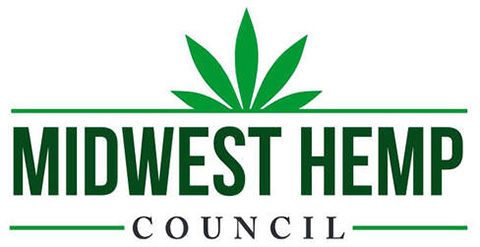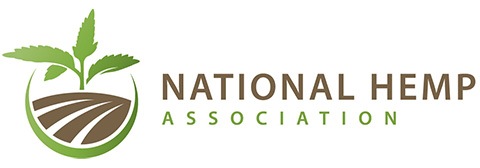


Hemp Benchmarks spoke with hemp-focused attorney Jonathan Miller to discuss how hemp and CBD-related legislation has been faring in Congress. The bills in question would allow hemp-derived CBD to be marketed as a dietary supplement, a move that many in the industry see as key to growing the hemp-CBD market. Miller is Member-in-Charge of the Washington, D.C. office of the law firm Frost Brown Todd and also serves as General Counsel to the U.S. Hemp Roundtable (USHRT), an industry advocacy group.
There are two main pieces of legislation that would make major changes to how hemp-derived CBD is regulated:
In a July 13 phone interview, Miller stated that he was “bullish” on H.R. 841 passing into law this year. The measure would allow CBD to be marketed as a dietary supplement, something that the U.S. Food and Drug Administration prohibits currently. Miller emphasized that getting the bill passed is primarily about “making it a priority” for lawmakers and that the legislation “is not running into substantial opposition.”
Miller noted that S.R. 1698 would also permit CBD to be marketed as a dietary supplement, but goes further than the House measure in allowing the cannabinoid to be added to foods and beverages as well. He pointed out that the legislation has only three co-sponsors currently, however, and that USHRT is meeting with other senators in an attempt to bring attention to the bill.
Hemp industry advocates saw another potential avenue by which CBD could be permitted to be marketed as a dietary supplement open up this month. On July 14, three senators unveiled a “discussion draft” of the so-called Cannabis Administration and Opportunity Act (CAOA). According to its text, the measure is meant to decriminalize and deschedule cannabis, while expunging certain cannabis-related offences and providing for “reinvestment in certain persons adversely impacted by the War on Drugs.” Additionally, one part of the draft legislation, Section 505, would establish a legal pathway for the marketing of hemp-derived CBD as a dietary supplement.
Analysts and observers have been skeptical of the chances of the CAOA passing the Senate, where it has yet to even be formally introduced. With President Joe Biden and some Senate Democrats apparently intent on preserving the filibuster, the legislation would need 60 votes to clear the chamber, necessitating that all 50 Democratic senators and at least 10 Republicans support it, a highly unlikely scenario. Miller told Hemp Benchmarks that if the broader cannabis legalization bill does not gain traction, then the USHRT will throw its weight behind getting H.R. 841 passed into law.
Hemp Benchmarks also asked Miller about whether amendments addressing delta-8 THC and similar compounds have been added to the hemp and cannabis legislation pending in Congress, a possibility raised when we last spoke in March. Miller said that such amendments had not yet been proposed, but that they could be added in the future. He noted that H.R. 841 is scheduled to have a hearing in the House Energy and Commerce committee in September, which is when a mark-up of the bill would occur and amendments could be introduced.
The U.S. House of Representatives left for a seven-week-long paid vacation at the end of last week, and the Senate will follow beginning next week, making now an ideal time for a rundown on where hemp bills stand in Congress. Hemp Benchmarks will continue to monitor the measures discussed above and their impact on the hemp-CBD market once the Congress eventually begins working again.


